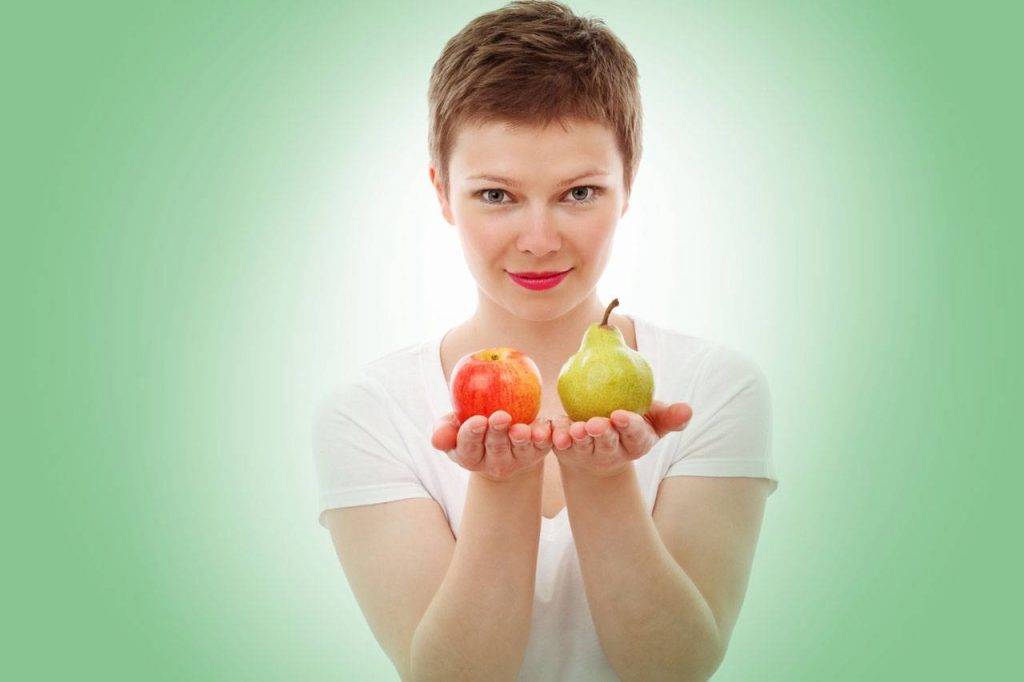More than half of all adults over 70 have cataracts or have undergone cataract surgery to remove them.
Cataracts are a normal aspect of growing older. Even with the best health, most people will eventually develop cataracts.
What are cataracts?
Cataracts block vision by making the lens of the eye opaque and difficult to look through, causing cloudy vision.
Cataracts are the most common cause of vision loss and blindness in the world.
While there is no non-surgical cure for cataracts, according to studies, several foods and nutritional supplements appear to slow the progression of this sight-threatening eye condition in some people.
What causes cataracts?
The lens inside the eye is made up of proteins. Oxidative stress damages proteins and enzymes in the lens, leading to cataract formation, according to a study published in Nutrients (2019).
Oxidative stress is caused by an imbalance between free radicals, which are atoms that kill cells in your body, and antioxidants, which reduce them. When you don’t have enough antioxidants to neutralize the free radicals in your body, you get oxidative stress
Free radicals can come from a variety of sources, including unhealthy meals. Eating a high-antioxidant diet, according to some optometrists, can help delay the onset of cataracts and even reduce your risk of developing cataracts in the first place.
Foods to avoid for good vision
If you want good vision, you should live a healthy lifestyle, including both exercise and watching the food you eat.
Living healthy includes activities such as exercising, eating a balanced diet, and making well-informed health decisions. Soft drinks, processed or fried foods, and sugary snacks should be avoided to the greatest extent possible.
Unhealthy foods and beverages have been related to a higher incidence of cataracts, even in children.
Furthermore, lowering your sodium intake is a smart idea, as research published in the American Journal of Epidemiology (2000) indicated that a high salt intake increases the risk of cataracts.
SEE RELATED: Can I Prevent Cataracts Naturally?
Contact an eye doctor near you to discuss how to lower your risk of developing cataracts.
Food to include in your diet
To lower your risk of cataracts, consume three servings of whole grains daily, two servings of fish per week, and 5 to 9 servings of fruits and vegetables per day.
The foods listed below are some of the most effective in minimizing your risk of cataracts.
Omega-3 fatty acids
Omega-3 fatty acids are considered a superfood when it comes to keeping your eyes healthy. By giving important oils for your tear layer, omega-3 fatty acids minimize your risks of getting cataracts and keep your eyes hydrated.
Flax seeds are high in omega-3 fatty acids and are considered one of the best sources. Omega-3 fatty acids can also be found in grass-fed beef, tofu, and fatty fish like halibut, cod, sardines and salmon.
Vitamin C
Vitamin C has long been known to aid in the prevention of colds, but it can also aid in the reduction of cataract risk. Vitamin C is abundant in guava and oranges.
Red and green chili peppers, bell peppers, dark leafy greens, kiwi, papaya, and broccoli are all high in vitamin C.
Nuts and seeds
Seeds and nuts are high in vitamin E. Vitamin E is an antioxidant that aids in the protection of your eye’s membranes. Vitamin E, omega-3 fatty acids, and antioxidants are all abundant in walnuts.
Nuts and seeds that are good for your eyes include peanuts, almonds, hazelnuts and sunflower seeds.
Whole grains
Whole grains not only improve your eye health, but they can also lower your risk of acquiring cataracts early in life.
Quinoa, oatmeal, rye, wheat, brown rice, wheat, and sorghum are all good additions to your diet.
Fruits and vegetables
Yellow, red, and orange fruits and vegetables include carotenoids, which are pigments that give them their color. These foods can be eaten raw, however boiling them beforehand yields the best results.
Carotenoids like beta carotene and vitamin A are found in cantaloupes, sweet potatoes, carrots, and pumpkins, and they assist to prevent cataracts.
According to a study published in the American Journal of Clinical Nutrition (2019), including 10 mg of carotenoids in your diet reduces your risk of cataracts by 26%.
Vegetables and fruits have the highest antioxidant content. Look for fruits and veggies with a variety of colors when you’re out shopping. The skins are high in lutein, zeaxanthin, and vitamins A, C, and E, so eat them whenever feasible.
Since no single antioxidant can prevent free radicals from triggering oxidative stress, eating a diverse range of antioxidant-rich foods is essential.
Although this list isn’t exhaustive, it will assist in the strengthening of your eyes and the prevention of cataracts.
What else can be done to prevent cataracts?
Protect your eyes from ultraviolet (UV) radiation in addition to modifying your diet.
The sun’s UV radiation has been linked to an increased risk of cataracts. Wearing UV-blocking sunglasses and a wide-brimmed hat will help you achieve this.
Furthermore, if you smoke, stop smoking since it causes the body to produce free radicals, which increases your chance of cataracts.
Annual eye exams
Even if your vision is flawless right now, going to the eye doctor on a regular basis is one of the best methods to keep it that way.
During annual appointments, your eye doctor can examine for signs of cataracts and other eye conditions.
It’s possible to save your sight if you catch it early.
LEARN MORE: Guide to Eye Conditions
To maintain healthy eyesight for years to come, schedule an eye exam with an eye doctor near you.
According to several studies, several foods and nutritional supplements appear to slow the progression of cataracts.










